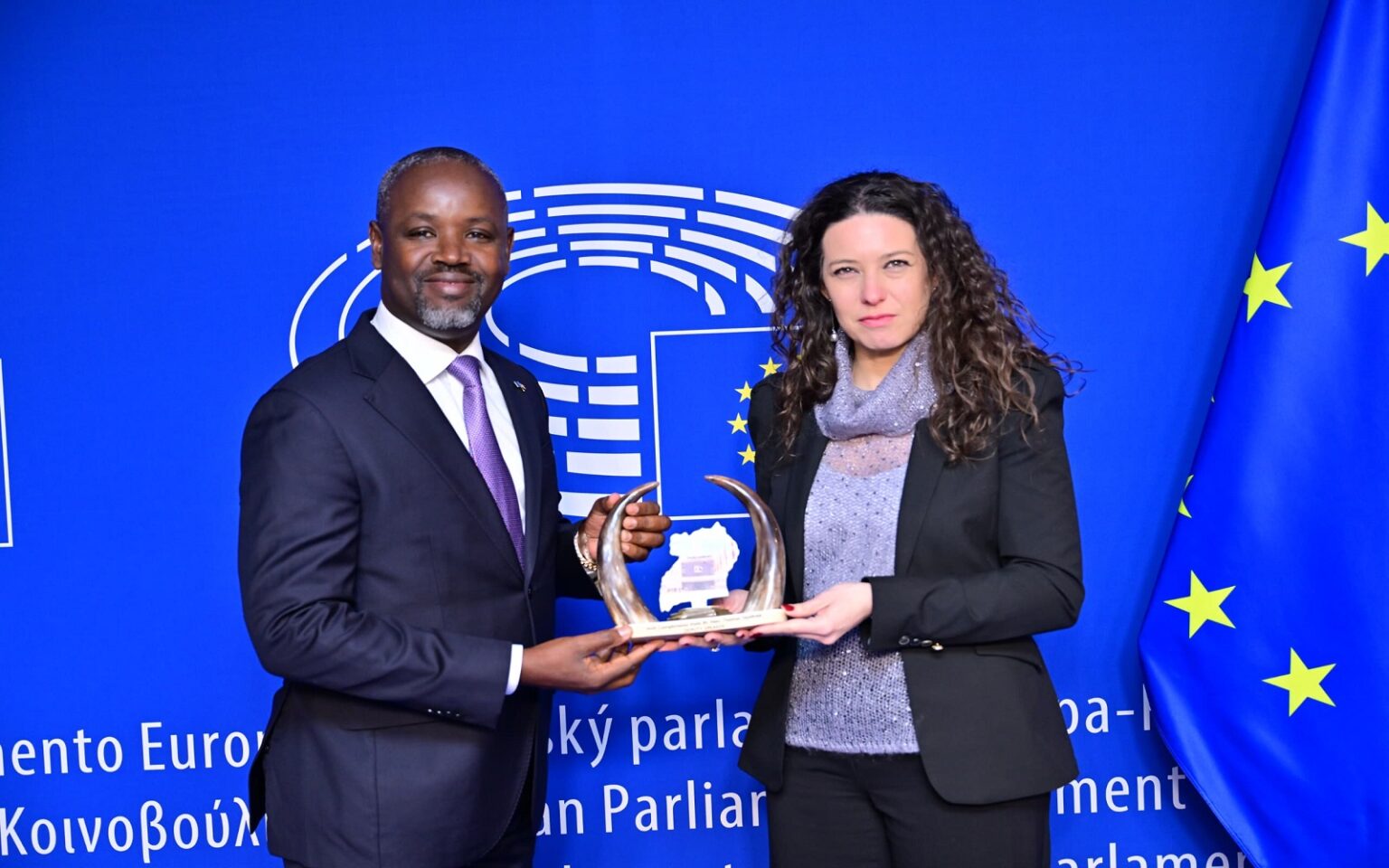Deputy Speaker of Parliament, Thomas Tayebwa, has called on the European Union Parliament to expedite Uganda’s removal from its anti-money laundering and terrorism financing grey list.
Tayebwa made the request during a meeting with the Deputy President of the European Parliament, Antonella Sberna, in Brussels, Belgium, on Wednesday, February 10, 2025.
Uganda was previously on the Financial Action Task Force’s (FATF) grey list, which identifies jurisdictions under increased monitoring due to concerns about money laundering and terrorism financing. The country was officially removed from the FATF grey list in February 2024 after meeting the necessary reforms. However, Uganda remains on the EU’s list because the European Parliament has not yet passed the required resolution to delist it.
Tayebwa revealed the extensive legal amendments Uganda has undertaken to comply with international anti-money laundering and counter-terrorism financing standards. He noted that Uganda’s Parliament moved swiftly to amend key laws, including the Anti-Money Laundering Act, which now excludes NGOs, churches, and charitable organizations from the list of accountable entities.
“Parliament, for the first time, amended seven laws in just two weeks because we were rushing to meet the requirements,” Tayebwa told Sberna.
Despite these efforts, Uganda’s delisting requires a formal resolution from the EU Parliament. Tayebwa explained that while the EU Commission’s anti-money laundering department acknowledges that Uganda has met the necessary requirements, only the EU Parliament has the authority to finalize the process.
The resolution that would remove Uganda from the grey list includes six countries, but only four—including Uganda—have fully complied with the necessary reforms. However, the European Parliament has rejected proposals to split the resolution to allow compliant countries to be delisted separately.
“The European Union Commission has indicated its support for splitting the resolution so that the four compliant countries can be removed. We cannot continue paying for the sins of those who have not complied. However, we were informed that the European Parliament rejected this proposal,” Tayebwa stated.
He warned that continued presence on the grey list negatively impacts Uganda’s trade, investment climate, and creditworthiness.
Uganda currently enjoys a trade surplus with the EU, which stood at $130.67 million in 2024. However, remaining on the grey list affects investor confidence and the ability of businesses to secure financing. Tayebwa emphasized that EU investors and ambassadors recently informed President Museveni that delisting Uganda would make it easier for them to access cheaper and more attractive funding for investment in the country.
Otuke County MP, Hon. Paul Omara, who accompanied Tayebwa, noted that Uganda’s continued presence on the grey list negatively impacts its credit rating, making it difficult to obtain loans from multilateral organizations and global banks.
“Uganda will only be able to access credit at higher interest rates,” Omara explained, adding that this places an unnecessary financial burden on the country’s economy.
Uganda’s Ambassador to Belgium, HE Mirjam Blaak, echoed similar concerns, stating that investors frequently cite the grey list status as a deterrent to doing business in Uganda.
“I have met companies interested in Uganda’s tourism sector, but they say, ‘banks refuse to provide guarantees because Uganda is still on the grey list,’” Blaak said.
In addition to discussing Uganda’s grey list status, Tayebwa also raised concerns about the European Union’s Regulation on Deforestation-Free Products (EUDR), which aims to ensure that products entering EU markets do not contribute to deforestation globally.
While the law is intended to promote environmental sustainability, Tayebwa argued that it could disproportionately harm small-scale farmers in Uganda and other developing countries.
“This law will severely impact small-scale farmers in Uganda and Africa. Such non-tariff barriers will hit the poorest of the poor the hardest,” he warned.
Tayebwa urged EU legislators to carefully review the regulation’s impact on developing economies, particularly on vulnerable rural communities that depend on agriculture for their livelihoods.
Tayebwa and his delegation remain hopeful that the EU Parliament will reconsider Uganda’s delisting request and adopt a more flexible approach to resolving outstanding issues. He emphasized that Uganda has fully met its obligations and should not continue facing economic disadvantages due to bureaucratic delays.





